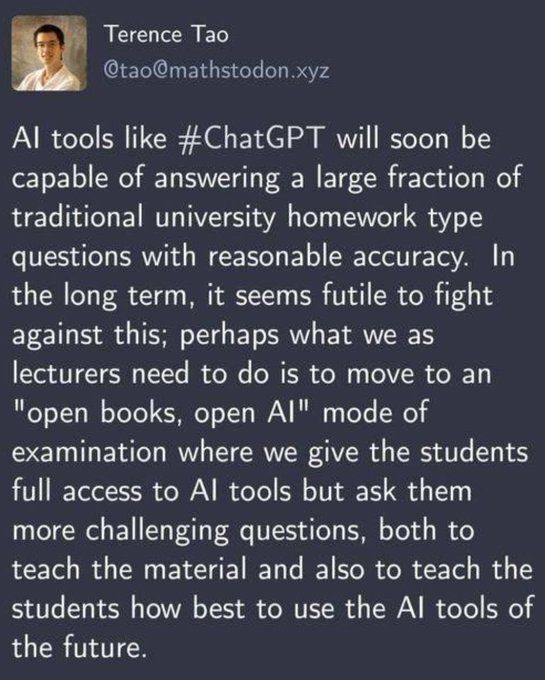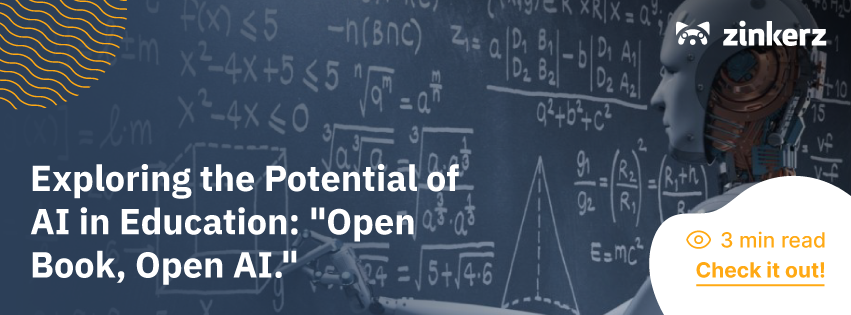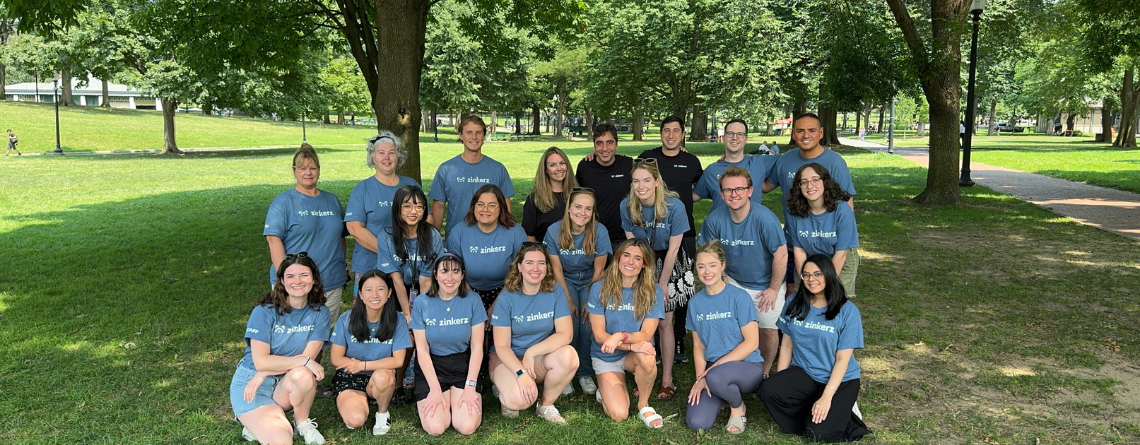
I refuse to watch the Hamilton musical. It’s a strange rivalry to develop. The Red Sox-Yankees rivalry makes sense as Harry Frazee sold Babe Ruth to the Yankees to finance his own play, No No Nanette (which isn’t even that good of a play), so the Red Sox have viewed the Yankee success as a cursed “what could have been.” It makes sense why Scottish people want to annex themselves from the United Kingdom after centuries of being treated as lesser-than by the English monarchs. I haven’t actually seen No No Nanette, but we would know of the play for its plot and not its baseball ties if it was actually that good. I won’t see Hamilton because I find sardonic enjoyment in telling my brother, who is a big fan of Lin-Manuel Miranda, that I don’t understand his references to the play and its lyrics. Sure, I could watch the play and do the same thing, but where’s the fun in that? Plus, there’s so many other forms of entertainment out there that are better, like re-watching The Town for the 200th time. Maybe Alfred Pennyworth was right: some people just like to watch the world burn (or mildly annoy their siblings at dinner). Alos, spoiler alert, Hamilton dies in the end.
You know who actually wants to watch the world burn? Proponents of ChatGPT like my same brother, that’s who. Our loyal and dedicated readers will already know this but, for those of you who are new around these parts: first off, welcome, and second, ChatGPT is not looked kindly upon by Zinkerz or the rest of the academic world. To give a TLDR synopsis: ChatGPT is not a convenient tool for people to find “creativity” or to “increase efficiency.” It’s a tool that has been created for its own exploitation and works to add baby oil to the slippery slope of cheating. Boomers will already say that this generation is “lazier” or “not as interested in baseball” as compared to the old-timers. ChatGPT only works to supplement their disgust in youth by monetizing the creation of a generation walking around without aim and without intelligence. “Why would I come up with a plot and write my own play? ChatGPT will do it for me!” Is that a world anyone wants?
Terence Tao’s Statement:
Terence Tao has a laundry list of credentials when it comes to mathematics. Beyond being a 2006 MacArthur Fellow and a mathematics professor at UCLA, Tao’s Wikipedia labels him as the “Mozart of mathematics” to exemplify his potential and genius in the field. As a philosophy major, I haven’t done math since 2018 (that’s right, I commit tax fraud) so I will not attempt to discredit any mathematical opinion he may hold. He’s probably right anyway, he had a master’s degree by age 16 and he’s the Mozart of mathematics.
This blog is not one that will be used to dive into the absurdity of this nickname (that will come later if Karly wants it to be written), but we do want to discuss this quote that he posted to Mathstodon.xyz. In it, Tao states:
“AI tools like #ChatGPT will soon be capable of answering a large fraction of traditional university homework type questions with reasonable accuracy. In the long term, it seems futile to fight against this; perhaps what we as lecturers need to do is move to an “open book, open AI” mode of examination where we give students full access to AI tools but ask them more challenging questions, both to teach the material and also to teach the students how best to use the AI tools of the future.”
Similar to how Finland is teaching their students to develop masterful media literacy, let’s discuss this quote sentence by sentence to understand what Tao is getting at with regards to AI in academia. Go ahead, say you can’t spell academia without AI. You also can’t spell cheating without AI. Boom roasted.
In December, we posted a blog that demonstrated ChatGPT’s abilities in mathematics. Unfortunately, even with relatively simple calculations, Chat GPT seemed to be randomly guessing to come up with an answer. The formulas that it uses seem to mimic university-level mathematics, but the AI is unable to understand its own logic, losing numbers and digits throughout the process. It forgot to carry 1’s, solved for variables that weren’t in the equation, and came to incorrect conclusions. When the AI is writing paragraphs, it’s built to logically fill in blanks with the most reasonable or common words to form its story. But, when it comes to mathematics, we have proven that ChatGPT is unable to view the equation as an equation and, instead, understands the mathematics as a sentence or paragraph that is meant to be further explained. So, for Tao to say that the AI will soon be able to solve university-level equations is misguided. It may be able to work through the problems with “reasonable accuracy” in the sense that the engine relies on its own internal categorical imperative to produce, but fails to come to conclusions worthy of even being graded at, let’s use Tao’s employer as an example, UCLA.
In the long term, it seems futile to fight against anything. You think women weren’t looking at Susan B. Anthony in the early 1900’s, thinking “what’s the use? Congress is going to continue rejecting the bill. We’ll never vote.”? Futility is a view of pessimism and Zinkerz is taking the optimistic, and more reasonable, view that people are going to continue being integral for the world to function, especially in academics. During the college counseling process, students sometimes tell us “I don’t know if I should apply there. I probably won’t get in.” Whether they’re right or not, I always say that the only way to definitely not get in is to not apply. But, in his futility, Tao believes that the easiest path forward is to revamp the entire field of academics to fit the view of AI. I’m not sure that making the tests harder is compatible with the introduction of AI; it seems more like an overall deterrent for fields, schools, and education. For instance: we are not in class right now. So, let’s ask a question. You’re allowed to use any and every AI, book, search engine, and calculator that you would like to. Take as much time as necessary to answer this question from UCLA’s Spring 2022 Mathematics Basic Exam:
Let A be a complex n x n matrix such that A2 = In, where In is the n x n identity matrix. Show that
rank(A + In) + rank(A – In) = n
How could ChatGPT be expected to reasonably answer this question today, tomorrow, or “soon” with any accuracy considering it failed to answer x2 + 6x + c = 0? If humans aren’t going to be expected to understand this kind of mathematics and, instead, be taught simply how to use AI to find an answer, then how would AI find the answer? Who is programming AI to solve mathematics that they don’t even know? How would this be possible? How could we ever discover anything new in mathematics? Wouldn’t innovation appear as being incorrect in this system?
Making the questions more challenging at the university level means that the questions, to prepare students to have the wherewithal to answer them and the adaptability to create new strategies in mathematics, in high school and middle school have to greatly increase in difficulty to replicate the typical questions that are being asked in colleges and universities now. If universities become more difficult, then the schools that prepare students for universities must similarly increase in their difficulties. Schools, especially in cities* that don’t allocate appropriate funds towards education, are already struggling to maintain or increase graduation rates. Making these public schools more difficult adds to the pressure put on a student, detracts from the enjoyment of learning, and would work to push students away from academics at a younger stage in life. Students would have to become Olympians – training in titrations and differential equations at age four to ensure their future job prospects and success. Maybe Tao’s point is about making colleges stricter when it comes to entrance requirements, but our argument demonstrates that, if society remained the same with the difference being more difficult examinations in universities, it’s a lazy and lacking point to make.
*-Boston Public Schools have a high school graduation rate of 78.8%. New York City’s, as of 2017, is 84.4%. Houston’s is 75.4%.
The last point that Tao makes is an interesting one: that allowing an open book, open Ai policy provides students with the opportunity to learn how to use the technology for their futures. I would agree with this point in its essence – that more exposure to AI provides more comfort and usability of the product(s) for students. However, again, this should not be done through integrating the open AI policy in every class. A better suggestion may be to integrate an additional STEM class where possible for students to understand this technological advancement that will surely become a part of daily life in the future. Additionally, it’s almost a universal assumption that colleges and universities will teach a curriculum including “core” or “basic” requirements for graduation. Brown University is a notable exception with their open curriculum model of teaching. Typically, these requirements are fundamental mathematics courses such as either statistics or calculus, a course on writing, and some kind of science. The logic in these core courses being required is that a biology major is going to need to write lab reports, a history major will need to understand the scientific properties of things like artifacts and the general setting of the time periods they’re studying, and a philosophy major will have to do mathematics throughout their life (tax returns as an example). Maybe these classes don’t directly correlate to the subject a student majors in, but science, math, and writing are life lessons that are helpful in ensuring that graduates are well-rounded and capable individuals as adults. What if the science course was on AI? Or, an AI course/computer science course was added to the core requirements? This way, students can be shown the benefits and detractions of the technology while becoming more accustomed to AI should their career or life be intertwined with the technology. Introducing AI to students too early provides them an opportunity to coast and cheat through school without truly understanding the material around them. Waiting until the university level ensures that students continue learning the information that will make them versatile students at the university level – this can be comparable to teaching students in calculus to find derivatives as a limit before demonstrating the Power Rule. Students need to understand what they are doing and why the process works as it does.
Zinkerz Isn’t Going Anywhere:
Artificial Intelligence is exactly that – artificial. It’s created, maintained, and taught by humans. No matter what, people are going to be needed to, at the bare, dystopian minimum, work with the AI that is supposedly taking over the jobs and education of the world. The planet is still going to need scientists, mathematicians like Tao, blog writers, and teachers. Students are going to need to go through AP courses, study for and take entrance exams like the ACT and SAT, and become affiliated with the cultures around them, whether that requires them to learn a new language or develop global interpersonal skills.
Fortunately, Zinkerz is here to provide all of these needs for our students. We offer AP course preparation and studies from economics and computer science to English and calculus. Additionally, we provide services to help our students with any homework that they need, SAT verbal and math practice, language acquisition such as French, and even coding classes for children as young as first grade. The average coursework that your child receives from their school, from elementary to high school, is great for them! Zinkerz is here to help students achieve beyond their potential. Zinkerz will be here to make sure that any student who wants to maximize their schooling is able to do so with supplemental, additional, and/or reviewed studies. Our students even have opportunities to collaborate with each other through our various camps where we invite students to come and visit Boston, touring colleges like Harvard and Yale and experiencing new ventures.
If this sounds enticing to you and your student(s), then sign up for a FREE consultation here. Furthermore, we guarantee the courses will be taught by our world-class staff of educators, not some robot. Robots look cool in movies, but they do not have a place in the humane exercise of educating our future generations. That’s where Zinkerz comes in.



